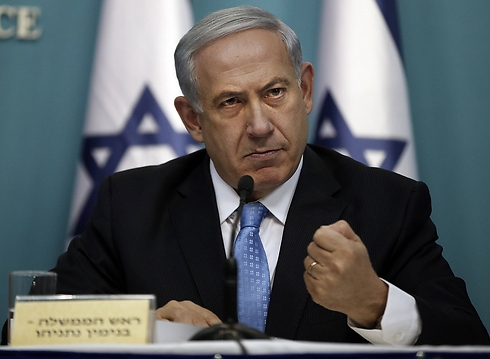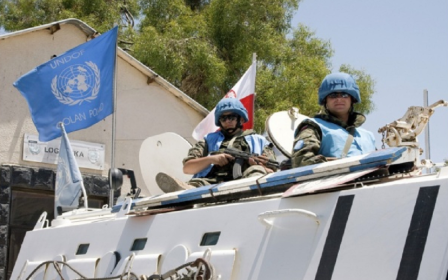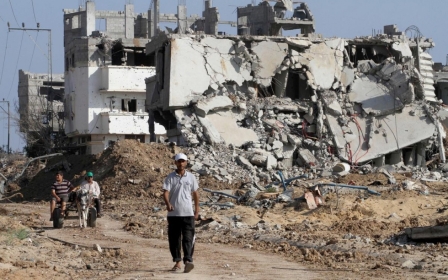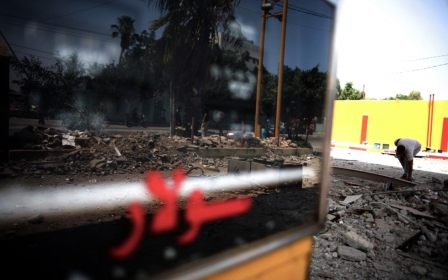Israel plans swinging budget cuts after Gaza war

The Israeli cabinet will meet Sunday to consider a series of budget cuts to fund the recent war in Gaza, according to media reports.
One proposed bill would cut two percent from every ministry budget, except the Defence Ministry.
The bill, which if approved by ministers would still have to be passed by Israel’s Knesset, aims to immediately allocate around $419m to the Defence Ministry to defray the costs of the war.
The suggested cuts would have the largest net impact on the Education Ministry, due to its large budget, and would be one of the biggest spending reductions in the last ten years, reports Israeli daily Haaretz. The cuts are likely to affect enrichment activities and teacher training programmes.
Israeli Prime Minister Benjamin Netanyahu promised on Sunday that the cabinet will allocate the same amount - $419 m - to Israeli communities located near the Gaza border over the next five years, Haaretz reported.
As the cabinet considered plans to offset the cost of the 50-day war, Netanyahu told Israelis that their army “could have fought for 500 days.”
In a televised address, Netanyahu said that Israel had agreed to a ceasefire with Palestinian resistance groups on 27 August in order not to “get bogged down in Gaza.”
“We are in a situation where the Islamic State is at the gates of Jordan, al-Qaeda is in the Golan and Hezbollah is at the border with Lebanon.”
“We decided to limit our objective and restore calm to Israeli citizens.”
His warnings about the militant group that has captured significant territory in Iraq and Syria since June echoes comments Netanyahu made on Friday, speaking to the US Armed Services Committee, when he accused Hamas and the Islamic State of similar crimes.
“We’ve seen [IS] conduct mass executions. This is exactly what Hamas has done in Gaza. We’re faced with common enemies - radical Islamic terrorists. We should take a common stand to defeat them.”
A poll conducted just after last week’s ceasefire showed that a majority of respondents were opposed to the truce.
Fifty-four percent of those questioned were unhappy with the deal to end the 50 days of fighting. The poll also showed that Netanyahu’s approval rating had dropped to 32 percent.
Gaza blockade ongoing
While the ceasefire was opposed among a majority of Israelis, many Gazans welcomed the deal as a “victory.”
Hamas said on Sunday that the ceasefire is not limited to a one-month period, but is open-ended.
However, Palestinian officials also told Anadolu News Agency on Sunday that Israel has not yet taken any steps to lift the Gaza blockade, a key tenet of the agreement.
According to the source, trade movement at the Rafah border crossing between Egypt and the Gaza Strip also has yet to improve.
Gazans in desperate need of construction materials to rebuild tens of thousands of severely damaged homes are being left waiting, as building materials remain prohibited from crossing into the Strip.
Middle East Eye propose une couverture et une analyse indépendantes et incomparables du Moyen-Orient, de l’Afrique du Nord et d’autres régions du monde. Pour en savoir plus sur la reprise de ce contenu et les frais qui s’appliquent, veuillez remplir ce formulaire [en anglais]. Pour en savoir plus sur MEE, cliquez ici [en anglais].




